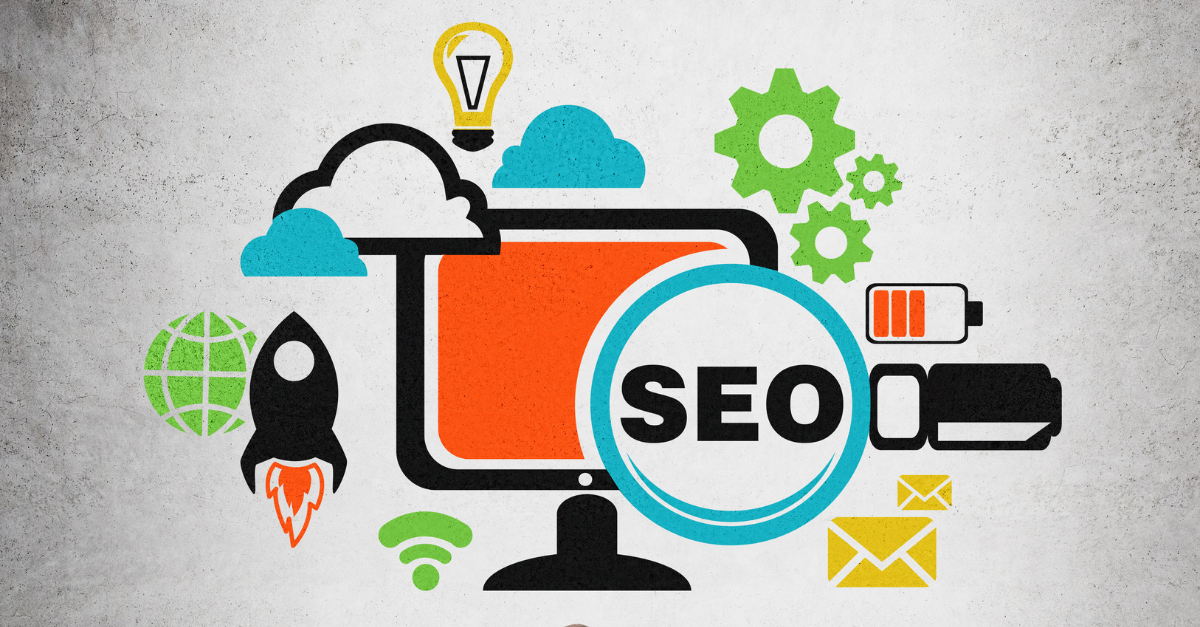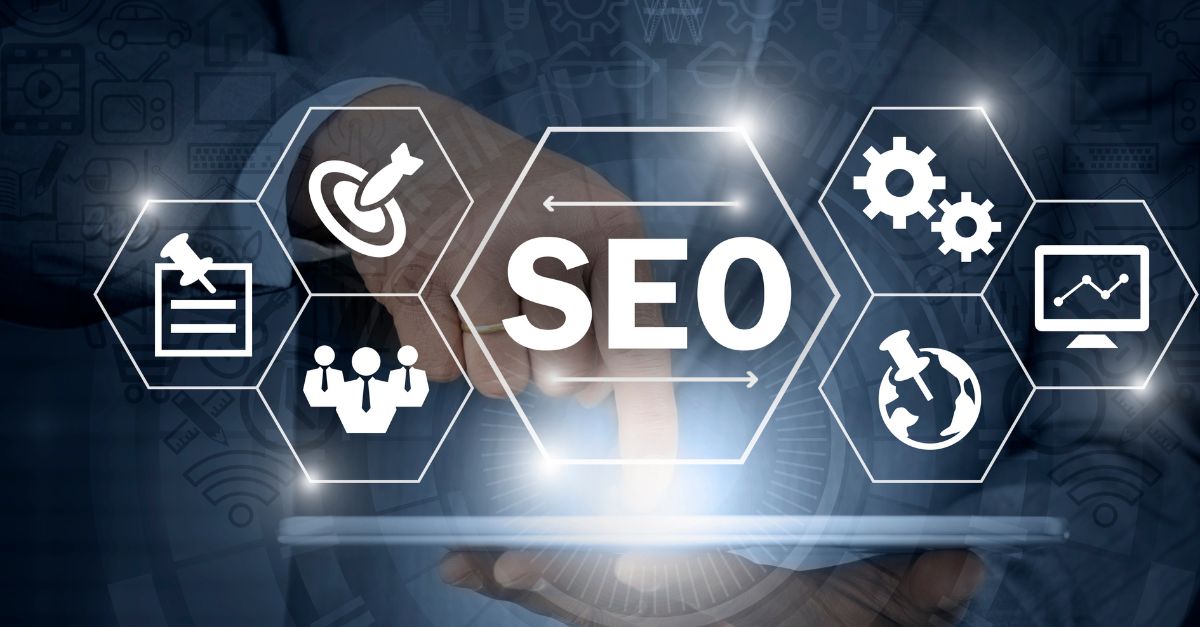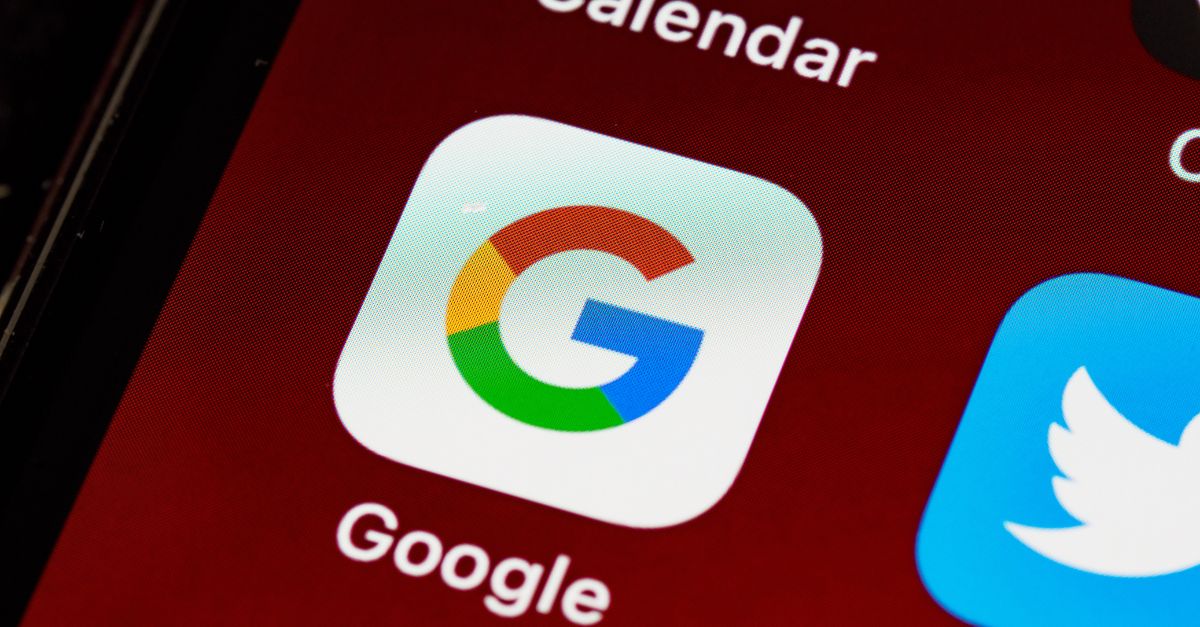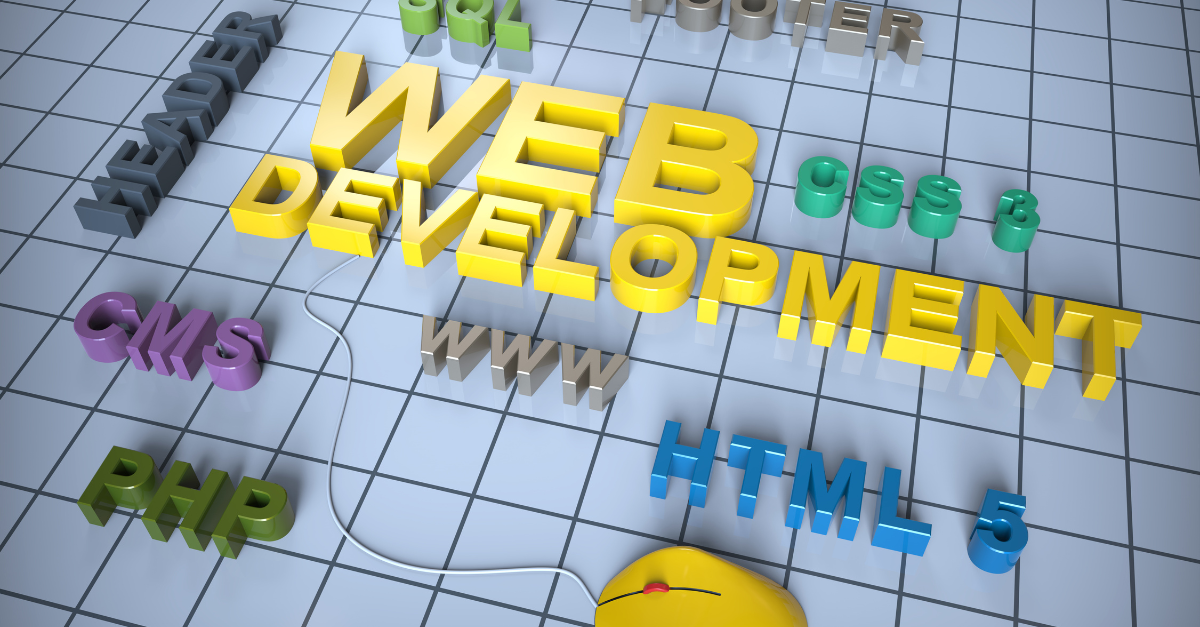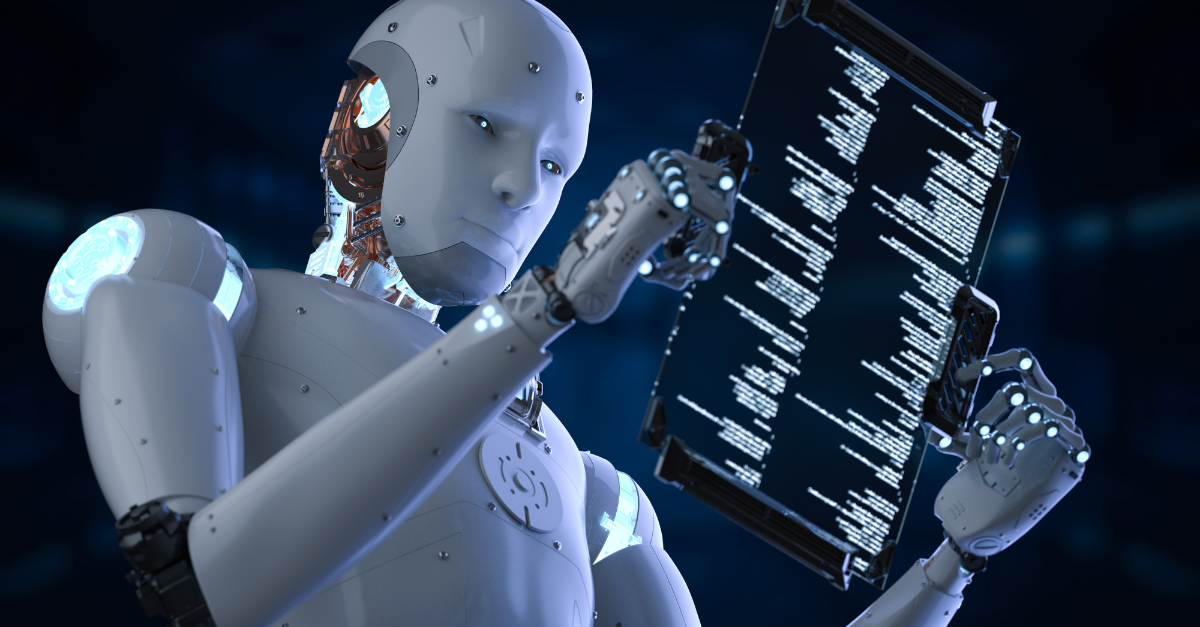Many people in the SEO field are currently concerned about this problem. It’s unsurprising, given the media’s increasing talk and scaremongering about how AI would lead to job losses.
“Will AI replace SEO professionals?”
No, I do not think it will. However, there is tangible dread in the sector, and appropriately so.
People are cautious about making side moves into more stable jobs. But what is a stable career when artificial intelligence appears to infringe on them?
Why is there so much anxiety in the SEO community right now? We’ve heard the “SEO is dead” cries before and survived. So, why does this time seem different?
A more in-depth look at how AI is changing the field of SEO
Before the widespread adoption of AI, much SEO effort was manual and time-consuming.
Depending on your experience and skill level, optimizing a landing page could take anything from 30 minutes to several hours.
Creating a content strategy took a significant amount of time (a week or more), depending on the site, competition, search engine results pages (SERPs), etc. However, SEO professionals can complete tasks more swiftly and efficiently with AI.
Here’s how AI can help us be more efficient. However, it is essential to acknowledge AI’s limitations. A humanized approach, which includes AI where appropriate, is a win-win situation.
Why humans are required for SEO
No matter how much AI is incorporated into an SEO’s workflow, it cannot completely replace a human.
Numerous facets of our jobs necessitate making concessions, setting priorities, and changing course in reaction to occasionally subtle signals.
1. Buy-in is required for SEO strategy
Getting buy-in takes more time than developing or executing SEO activities, according to most SEOs.
An AI system could be able to think of a fix for a technical SEO issue. Even so, it won’t be able to initiate the appropriate discussions with engineers to ensure it is executed correctly. It will not be feasible to discuss the reasons for the ticket’s priority over other tickets in the queue with the team head.
2. SEO needs to factor in other priorities
To get their suggestions adopted, SEOs must learn to make concessions. A company’s resources may be under pressure from other sources; thus, the technically sound SEO solution might not be the most practical. It’s not feasible to expect AI to comprehend the politics of a corporation well enough to decide which battles to engage in.
3. SEO solutions are unique to the website
A setting with particular limitations is frequently used to develop SEO strategies. Every website will be unique, as will every vertical it operates. To create a successful plan, AI must thoroughly understand these elements. Every business will face different internal obstacles, such as a lack of subject matter expertise or a CMS. AI will have difficulty comprehending how that could affect the practicality of its suggestions.
Wrapping Up
AI will remain a vital resource for SEO professionals but won’t replace human knowledge, ingenuity, and strategic thinking.
SEO experts’ responsibilities will change over time, focusing more on managing and analyzing AI-generated data and insights and less on labor-intensive, repetitive duties that robots can currently perform with human supervision.
SEO experts will have a competitive advantage and a better future in the SEO sector if they actively study and adopt AI with a human-centric approach to hone their skill sets.

